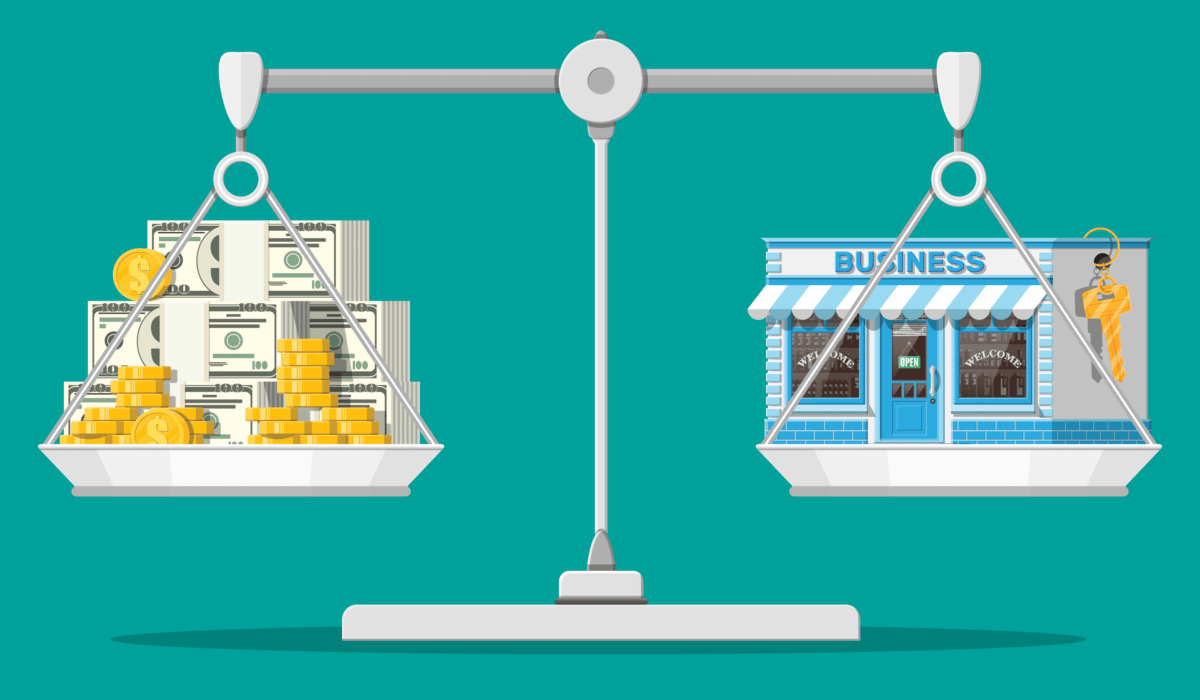Within the realm of business, the term "goodwill" carries significant weight and importance. It encapsulates the intangible assets that contribute to a company's reputation and customer relationships, which can be pivotal for long-term success. Goodwill is not merely a concept but a measurable value that can reflect the strength of a business in the marketplace. Understanding the goodwill business definition is essential for entrepreneurs, investors, and stakeholders alike to gauge a company's overall worth.
When discussing goodwill, one must consider various factors that contribute to its value, such as brand recognition, customer loyalty, and employee satisfaction. These elements may not appear on the balance sheet but play a crucial role in a company's ability to generate future profits. The goodwill business definition, therefore, serves as a cornerstone for evaluating how these intangible assets impact financial performance and market positioning.
Moreover, the goodwill business definition can often come into play during mergers and acquisitions, where it can significantly influence the valuation of a target company. Buyers must assess the potential future benefits derived from goodwill, which can make or break a deal. Consequently, understanding goodwill is not only beneficial for existing businesses but also vital for those looking to enter new markets or expand through strategic partnerships.
What is the Goodwill Business Definition?
The goodwill business definition refers to the intangible asset that arises when a company acquires another company for a price greater than the fair market value of its net identifiable assets. Goodwill often includes elements such as brand reputation, loyal customer base, and employee relations. It reflects the potential earnings that a company can generate due to its established reputation and operational efficiencies.
How is Goodwill Calculated?
Goodwill is calculated using the following formula:
- Goodwill = Purchase Price - Fair Market Value of Net Identifiable Assets
To break it down further:
- The purchase price is the total amount paid to acquire the company.
- The fair market value of net identifiable assets includes both tangible and intangible assets minus liabilities.
This calculation helps in determining how much value a company places on its intangible assets.
Why is Goodwill Important in Business?
Goodwill plays a crucial role in several aspects of business:
- Enhances Company Valuation: Positive goodwill can increase a company's market valuation, making it more attractive to potential investors.
- Competitive Advantage: Companies with strong goodwill often have a competitive edge due to established customer loyalty and market presence.
- Attracts Talent: A strong brand reputation can attract top talent, enhancing operational effectiveness.
- Facilitates Mergers and Acquisitions: Goodwill is a significant factor in negotiations and valuations during mergers and acquisitions.
What are the Components of Goodwill?
The components of goodwill include:
- Brand Recognition: A well-known brand can command a premium in the marketplace.
- Customer Loyalty: Repeat customers contribute significantly to a company's future earnings potential.
- Employee Relations: A motivated and satisfied workforce can enhance productivity and innovation.
- Market Position: A strong market presence can lead to better negotiation terms and pricing power.
How Does Goodwill Affect Financial Statements?
Goodwill is recorded as an intangible asset on the balance sheet. However, it does not depreciate like tangible assets. Instead, companies must conduct annual impairment tests to determine if the recorded goodwill is still valid. If the fair value of the business falls below its carrying amount, an impairment loss must be recognized, affecting the income statement.
What Happens to Goodwill During a Business Sale?
During a business sale, goodwill can significantly affect the sale price. Buyers will assess the value of goodwill to determine how much they are willing to pay for the business. If a company has strong goodwill, it may sell for a premium compared to its net tangible assets. Conversely, if goodwill is weak, it could lead to a reduced selling price.
How Can Businesses Enhance Their Goodwill?
Businesses can take several steps to enhance their goodwill, such as:
- Providing Excellent Customer Service: Exceptional service can lead to higher customer satisfaction and loyalty.
- Investing in Brand Marketing: A strong marketing strategy can increase brand recognition and trust.
- Fostering Employee Engagement: Happy employees lead to higher productivity and better customer interactions.
- Building Community Relationships: Engaging with the community can enhance a company's reputation and visibility.
What are the Risks Associated with Goodwill?
While goodwill can enhance a company's value, there are also risks involved, such as:
- Market Changes: Changes in market conditions can negatively affect the value of goodwill.
- Negative Publicity: Any negative press can tarnish a company's reputation and reduce goodwill.
- Management Changes: Changes in leadership can impact employee morale and customer relationships.
Conclusion: The Significance of Goodwill in Business
Understanding the goodwill business definition is essential for anyone involved in business. It serves as a vital indicator of a company's potential for future growth and profitability. By recognizing the components and importance of goodwill, businesses can strategically manage their intangible assets to enhance their market position and overall value.
In summary, goodwill is more than just an accounting term; it is a reflection of a company's reputation, relationships, and operational strengths. By investing in goodwill, businesses can develop a sustainable competitive advantage, ensuring their success in the long term.
Article Recommendations
- The Ultimate Guide To Seann William Scott From Stifler To A Star
- Jules Ari The Ultimate Guide To Her Music Career And Legacy
- Vegamoviestoo The Ultimate Movie Streaming Destination
:max_bytes(150000):strip_icc()/Goodwill-Definition-6b68b9485c394cb185b3097a8558a25e.jpg)

